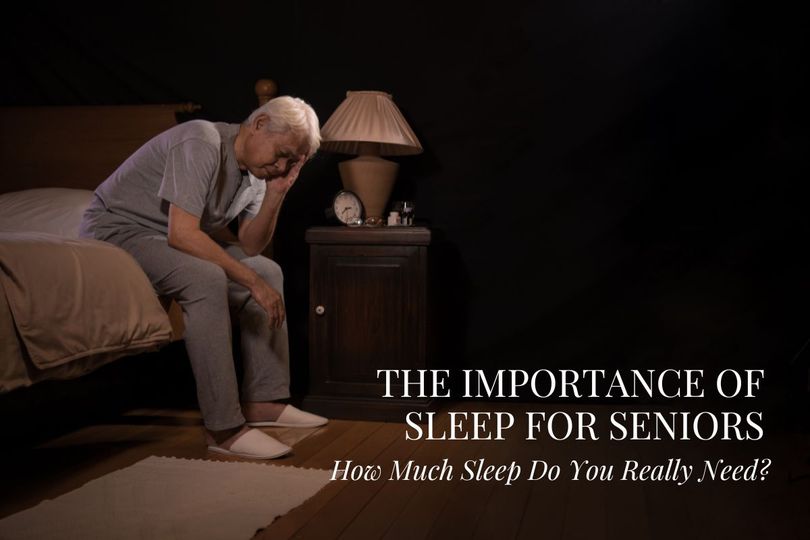 By Frank Curran: Principal and Resident at The Fairways at Savannah Quarters, west Savannah’s finest Active Adult community ….”A Lifestyle…Worth Living!”
By Frank Curran: Principal and Resident at The Fairways at Savannah Quarters, west Savannah’s finest Active Adult community ….”A Lifestyle…Worth Living!”
Which is more beneficial to your health and longevity: walking a mile three times a week or playing cards three times a week with your friends? Most people answer that exercise is more important, but they are not entirely correct. According to a study recently conducted by Thomas Glass, an assistant professor at the Harvard School of Public Health, playing cards is one of many social activities that provide as much benefit to seniors as exercise. “(Social) activities should not replace exercise,” Glass cautions, “but exclusive emphasis on exercise may be overly narrow.”
The Study
In the study reported in the British Medical Journal, Glass and his colleagues followed 2,761 men and women, 65 and older, for 13 years in what he claims is “the first study to examine the impact of social…activities on the risk of death among elderly people”. The study focused on social activities (like playing cards or having lunch with friends) that were completely independent of physical fitness activities. “It is clear from our study that social engagement can have as much effect on prolonging life as fitness activities” says Glass. “Among elders who were least physically active, those who were most socially active and productive lived longer.” The researchers accounted for differences in age, sex, weight, marital status, smoking, and histories of diabetes, heart disease, and cancer to reach their conclusions.
Although keeping your body fit through physical activity is still important, many people just don’t like to exercise. According to Glass, those who don’t exercise but engage regularly in “social and productive activities” are able to “lower the risks of all causes of death as much as exercise”. Says Glass: “Even someone who is too old or frail to exercise can benefit from social engagement…social and productive activities independently confer equivalent survival advantages.”
What does this mean, exactly? It means that getting together regularly with your friends is good for your health. Glass says that socializing and keeping busy increases one’s ability to focus, improves memory, reduces stress, and improves the immune system. Having fun and being regularly sociable and active can help seniors delay aging, improve their mood and help fight against age related illnesses. Seniors who stayed socially active and/or regularly exercised had half the rate of cognitive decline of their less socially active peers.
The message is simple: as you age, stay engaged in life and enjoy mental and social activities with your friends. The type of activity isn’t as important as simply socializing together and having fun. Any activity: attending gatherings like a brunch or an oyster roast, joining a book club, attending a lecture, playing cards or board games, going to a party or a dance at the clubhouse, or just getting together to chat or watch a movie all are equally beneficial.
Of course, it’s doubly beneficial if you can combine socializing with exercise: form a walking club that meets regularly on walking trails, or a fitness club that meets at the gym or swimming pool, or join a foursome for a round of golf. Those who don’t like to work out on gym equipment or lift weights are often very willing to exercise in a casual group setting. “Those who find exercising challenging or difficult are less likely to avoid it when it includes meeting and talking with other people,” Glass says. “And they get the double advantage of working their minds as well as their bodies.”
How to Stay Socially Engaged
Many community organizations such as libraries, county or city Parks and Recreation departments, community colleges and learning annexes offer activities for seniors. Check online or in the local phone book for contact numbers. The organization’s website usually has a list of activities, and most of them are free or low-cost. Some even provide transportation.
If you intend to downsize your home and relocate to a senior living community, look for a community that offers opportunities for social engagement and one that has the physical facilities to support such activities. Does the community have a room set aside for social events, club meetings or lectures? Is the social room equipped with chairs and tables? Are their kitchen facilities? It’s not enough to just have a room; the room must be well equipped and fully functional.
Also consider what is already going on socially in the community. Is there a pre-existing “social infrastructure” that you can become a part of? If not, you may find yourself living in a community of strangers. A community that has had many social activities already is likely to keep having them because the residents enjoy and take part in them.


